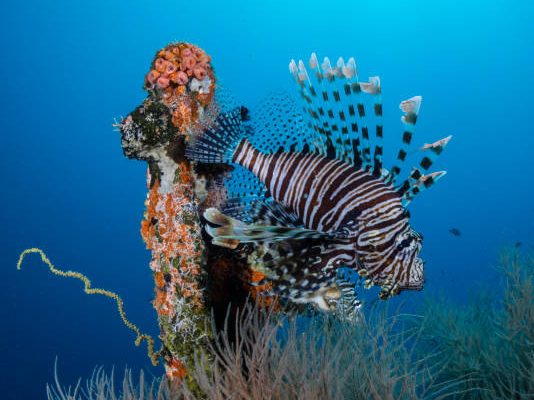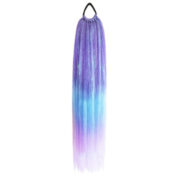Choosing the Best Coral for Your Reef Tank
With the right knowledge and care, you can create a stunning reef tank that brings the splendor of the sea into your home. Choosing sustainable, eco-friendly corals is key to establishing a balanced underwater oasis. Through mindful selection and maintenance of your reef tank inhabitants, you can cultivate a diverse community that not only delights the eye but promotes aquatic health. This article will guide you in selecting the best corals to bring sustainable beauty to your reef tank. Learn which species readily propagate in captivity, thrive under standard tank conditions, and positively impact their aquatic environment. With the tips provided here, you’ll be on your way to establishing a sustainable and sensational underwater paradise for the best coral for reef tank.
Top 10 Low Maintenance and Hardy Corals
When selecting corals for your reef aquarium, consider eco-friendly and sustainable options. Soft corals, like leathers and mushrooms, are excellent beginner corals that grow quickly and help establish a balanced tank. They come in a variety of colors and require moderate lighting and flow.
For a pop of color, choose photosynthetic corals like zoanthids, which are easy to care for and propagate. Their polyps extend during the day to feed on light and retract at night. Provide strong lighting and place them in a high-flow area of your tank.
If you want an iconic coral, consider a solitary long tentacle anemone or bubble tip anemone. Though more difficult to keep, they add beauty and interest. Place them in established tanks with stable parameters and feed them shrimp or fish a few times a week.
Anemones and corals may be sustainable and eco-friendly, but avoid stony corals which can outcompete native species if released. Fragments and larvae from stony corals are nearly impossible to contain in home aquariums and can enter local waters through filtration systems.
By choosing easy-to-care for and non-invasive corals, you’ll create a balanced and sustainable little ecosystem to enjoy for years to come. With the right lighting and flow, these corals can thrive and make an artistic statement in your home. Most importantly, you’ll have a clear conscience knowing you aren’t harming native reefs or ecosystems.
Creating a Stunning and Sustainable Reef Aquascape
If you want to add stunning coral specimens to your reef tank without the hassle of high-demand species, consider some of these hardy and low-maintenance options:
1. Green Star Polyps
These waving soft corals are easy to care for and readily propagate in the aquarium. They come in a variety of bright colors like green, red and purple.
2. Mushroom Corals
Mushroom corals, also called disc anemones, are very hardy and long-living. They are available in a rainbow of colors and require moderate lighting and flow.
3. Kenya Tree Coral
The Kenya tree coral is a large polyp stony (LPS) coral that grows in a tree-like shape. It is tolerant of a range of water conditions and moderately demanding in terms of light and flow.
4. Blastomussa Coral
Blastomussa coral is an LPS coral with fleshy polyps that extend beautiful sweeper tentacles at night. It does well with medium lighting and moderate flow.
5. Favia Coral
Favia coral is an LPS coral with small, compact polyps. It is very hardy, moderately fast growing, and available in a variety of bright colors. It has low to moderate demands for light and flow.
6. Trumpet Coral
Trumpet coral, also called candy cane coral, is an LPS coral with elongated, tubular polyps. It is easy to care for with low to moderate demands for light and flow. Trumpet coral is usually brown, green or pink.
•Provide stable water conditions – temperature (72-78 F), salinity (1.023-1.025 sg) , pH (8.1-8.4), alkalinity (8-12 dKH) and calcium (400-450 mg/L)
•Offer reef-safe conditions and appropriate location – avoid direct air exposure and ensure secure attachment
•Feed 2-3 times per week – supply coral-specific, meaty foods like phytoplankton, zooplankton, and reef-safe amino acids











Comments